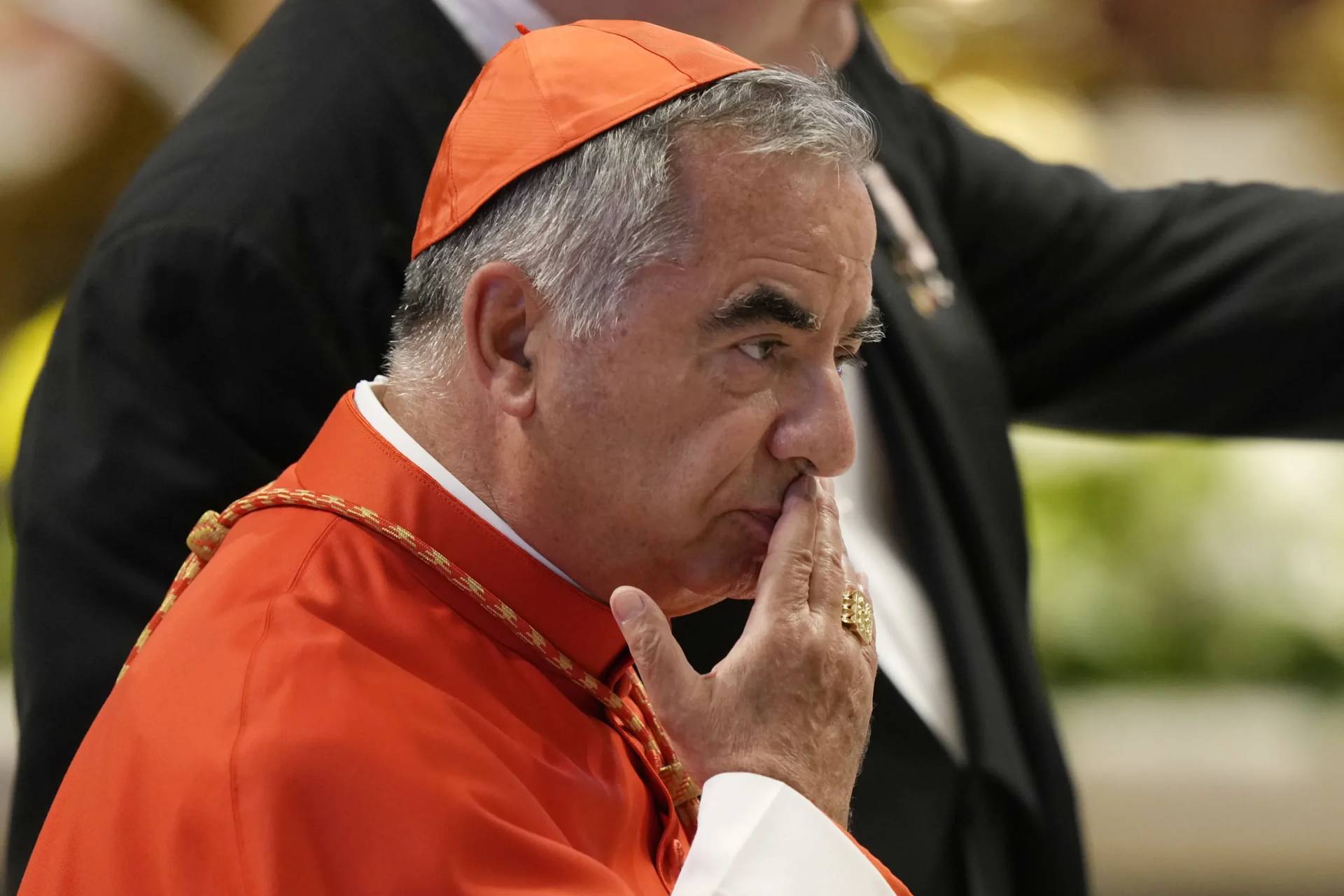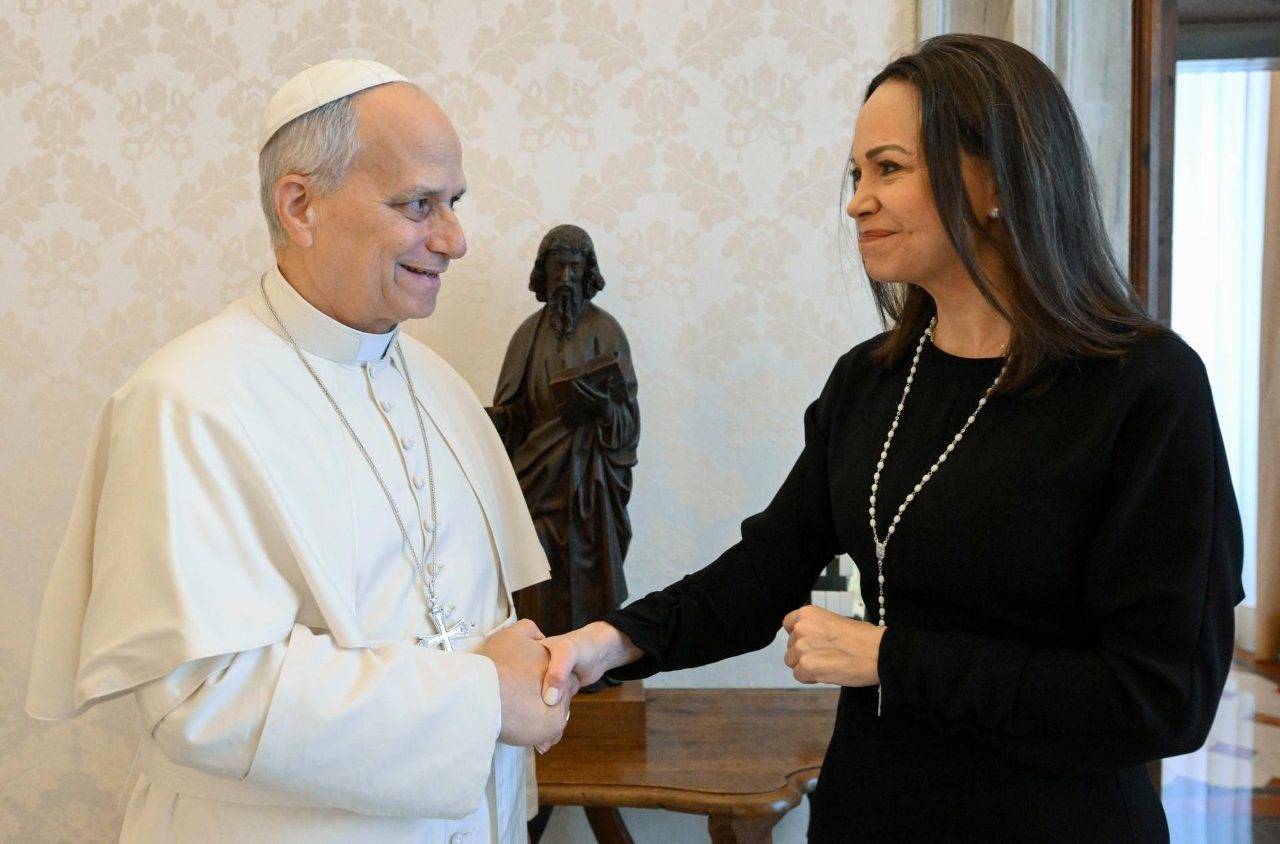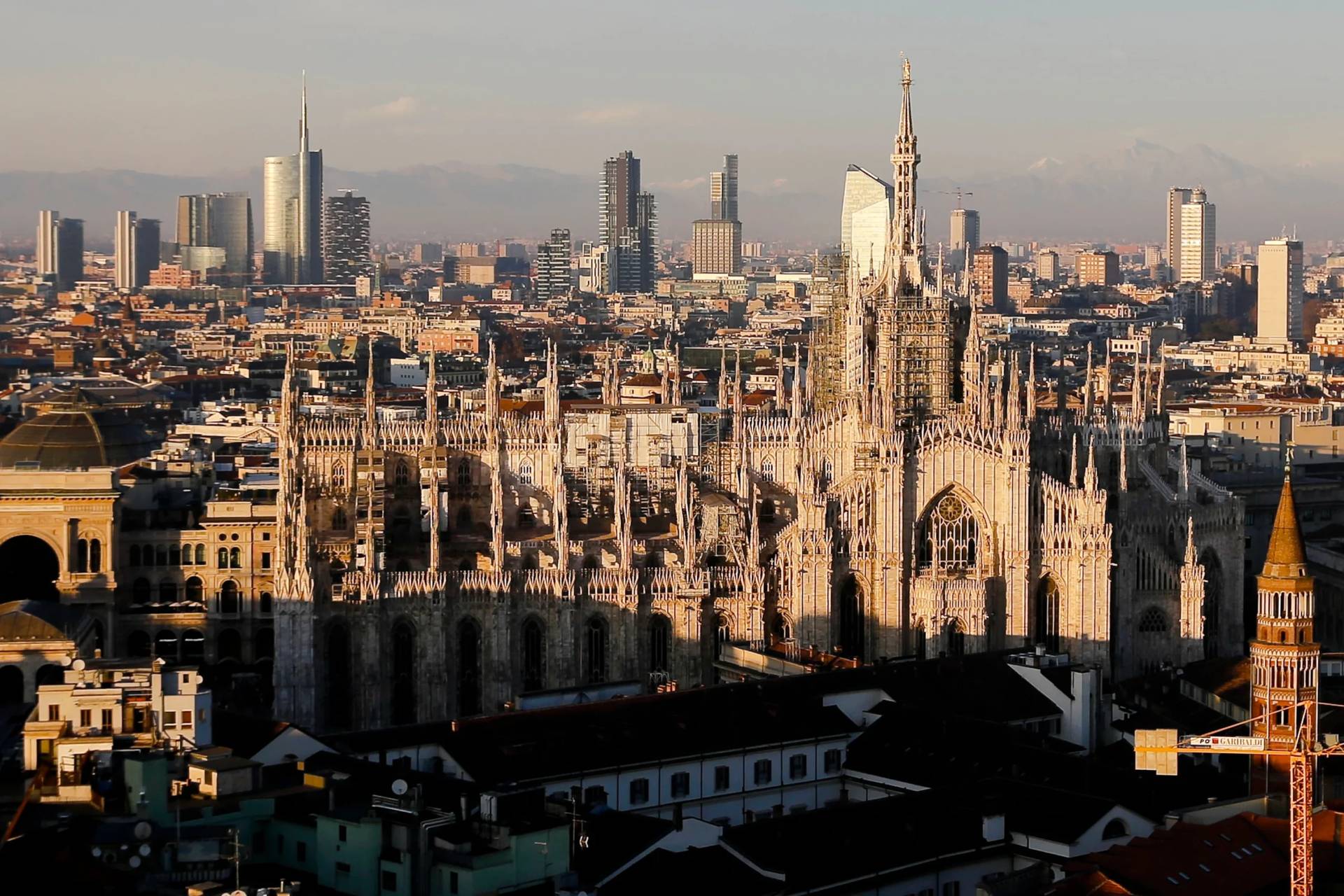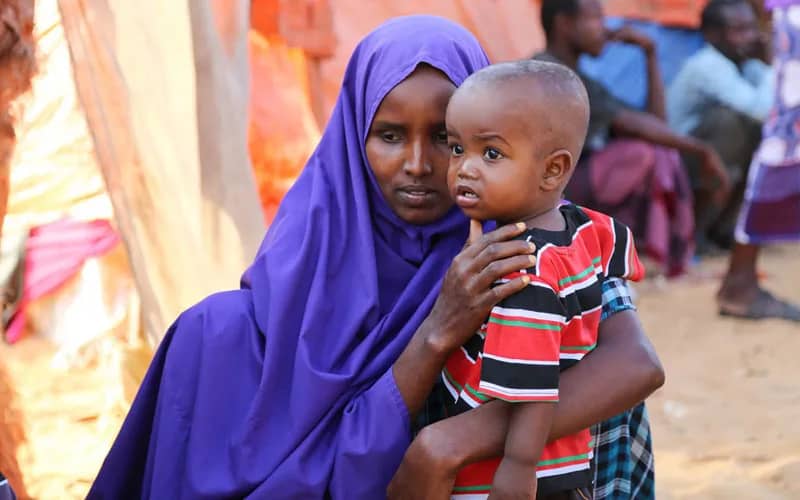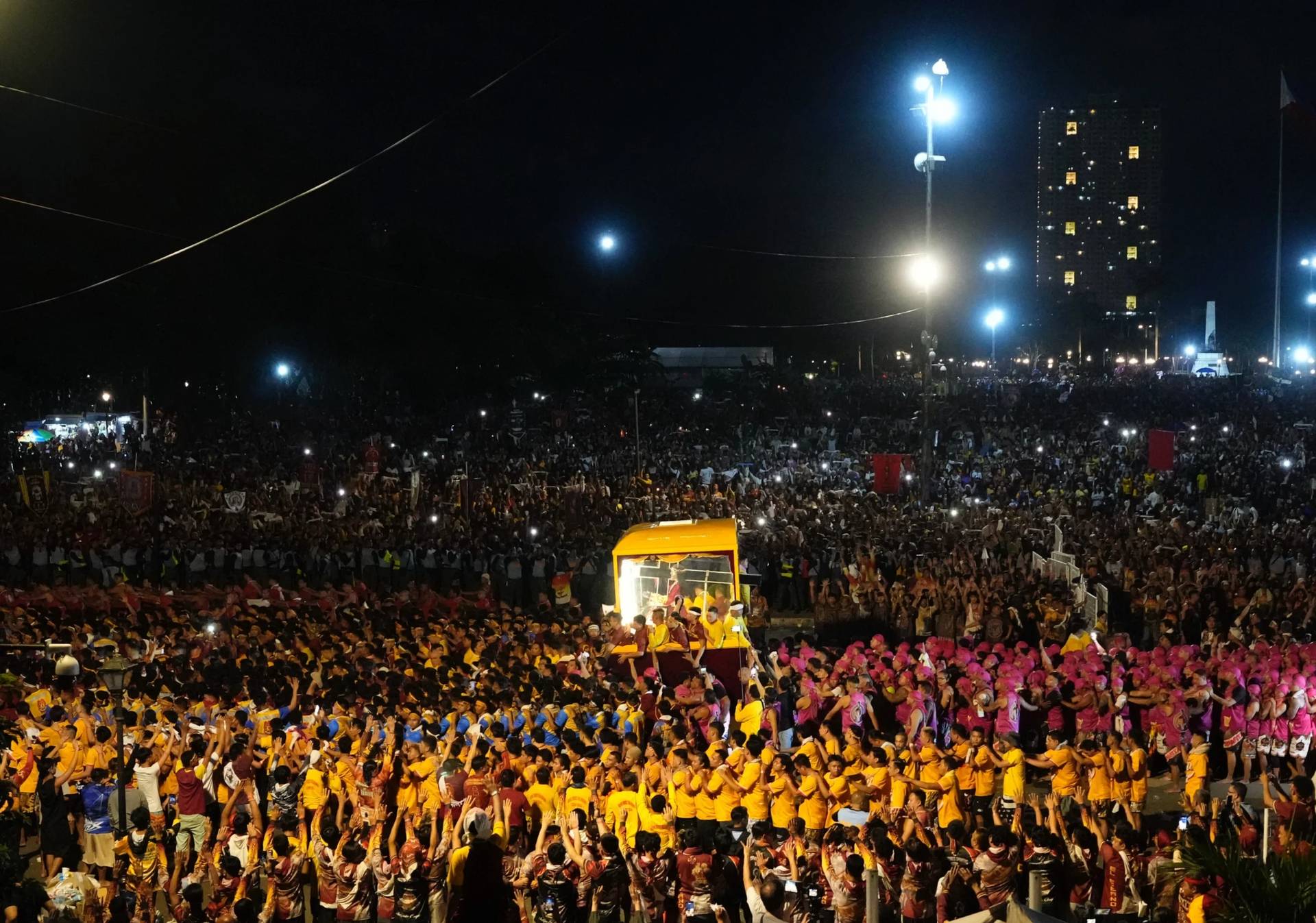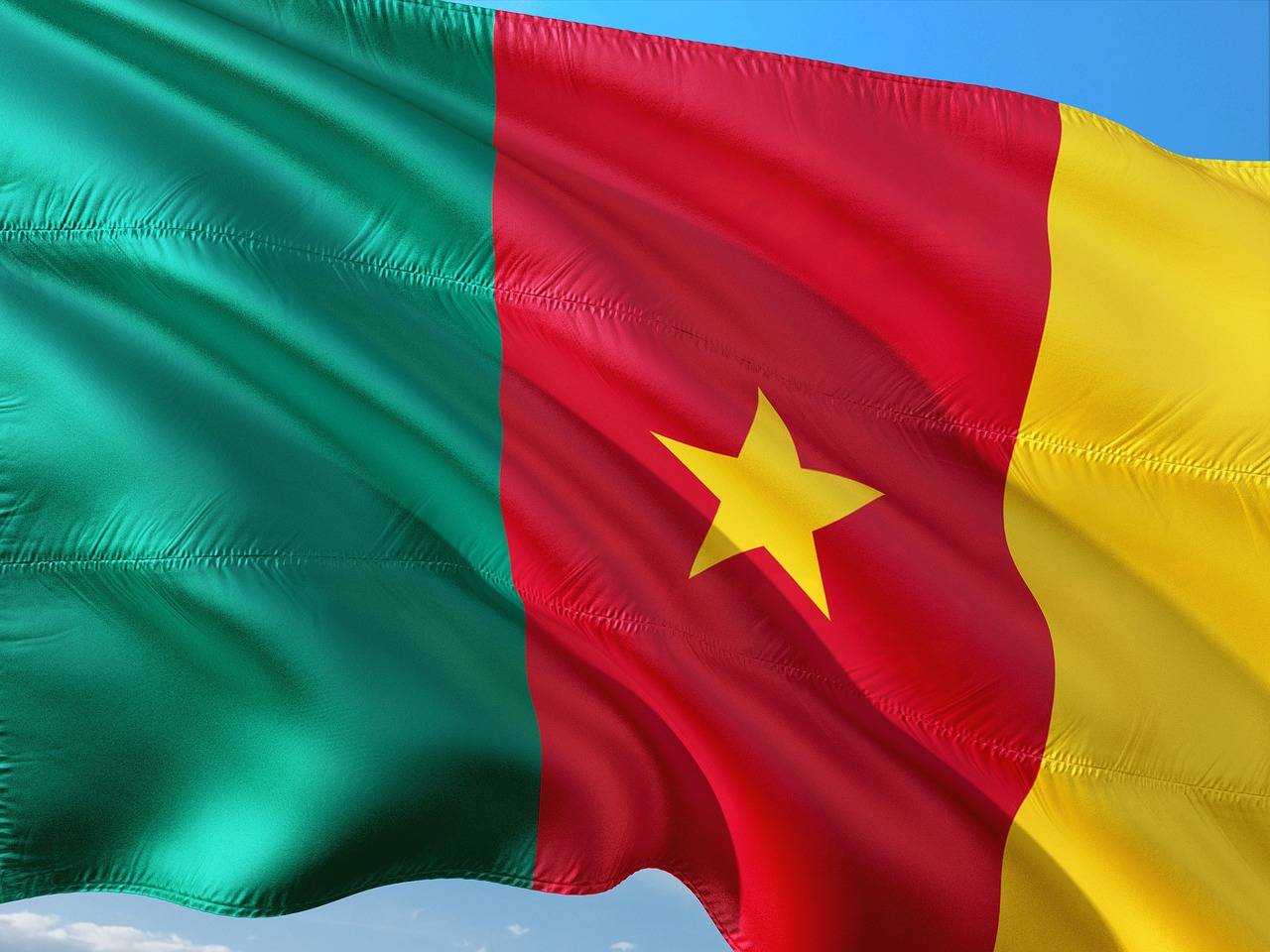MUMBAI, India – Three cardinals visited a Rohingya refugee camp in Bangladesh this week, bringing attention to an ongoing humanitarian crisis which has left the world’s headlines.
Filipino Cardinal Luis Antonio Tagle of Manila, the president of Caritas Internationalis, and Myanmar Cardinal Charles Maung Bo, the president of the Federation of Asian Bishops’ Conferences, joined Bangladeshi Cardinal Patrick D’Rozario at the refugee camp in Cox’s Bazar on July 29.
“For me this visit was the Gospel of love of neighbors, of solidarity with the Rohingyas,” D’Rozario told Crux.
“We are like brothers,” he said, speaking of his relationship with his fellow cardinals.
“Cardinal Bo and I came to know each other very closely because of this trip. We learned each other’s points of view. Things are complicated. But our concern is humanitarian, the sufferings of the people,” D’Rozario said.
Buddhist-majority Myanmar has long considered the Rohingya to be “Bengalis” from Bangladesh even though their families have lived in the country for generations. Nearly all have been denied citizenship since 1982, effectively rendering them stateless, and they are also denied freedom of movement and other basic rights.
The long-simmering Rohingya crisis exploded in August 2017 when Myanmar’s military launched what it called a clearance campaign in Rakhine state in response to an attack by a Rohingya insurgent group.
The violence caused more than 700,000 Rohingya to flee to overcrowded refugee camps in neighboring Bangladesh and elsewhere for safety.
“Cardinal Bo talked to the people in the camps, heard and felt their pain. People want to return, but with assurances,” the Bangladeshi cardinal said.
At the same time the cardinals were making their visit, a Myanmar government delegation was meeting with representatives of the Rohingya Muslim refugees to discuss creating conditions for their safe repatriation.
D’Rozario said the timing “was providential,” and the Church delegation also got a chance to meet the Myanmar officials.
“Things are complicated, politics aside; Church Leaders have a different role to play. We want people to be given their rights and politics has to find a way,” he added.
“There are many challenges. For example, while there’s education, it’s not enough. There’s lacking building capacities to live in the future. What kind of citizens – whatever nationality – will they be? What life skills will they have for a self-reliant future?” D’Rozario asked.
In July, Myanmar’s commander in chief and his deputy, two other generals, and their immediate families were banned from traveling to the United States. U.S. Secretary of State Mike Pompeo said the four were responsible for “gross human rights violations” involving extrajudicial killings in Myanmar’s northern Rakhine state, the home to the majority of the Rohingya.
U.N. special rapporteur for Myanmar Yanghee Lee said the U.S. move was “better late than never” but was inadequate.
Lee, who has been barred from entering Myanmar, said Yangon appeared to be increasing pressure on regional governments to prevent her from carrying out her duties and avoid international scrutiny.
She said Myanmar’s move last month to shut down mobile internet in nine townships has made it challenging to get information on the ground. Lee also said she has been told that three villages in Rakhine have been burned down by the military in July.
During a Mass concelebrated by the three cardinals in Dhaka, Bangladesh, on July 31, Bo thanked the people of the country for welcoming refugees from Myanmar.
“I prayerfully commend the bigheartedness of your government and the people. Today’s gospel talks of the man who found a treasure in the field. We have gathered here to look for the treasure of peace. Both Myanmar and Bangladesh are looking for the great treasure of peace,” Bo said.
The Myanmar cardinal noted the small Catholic populations in both countries, but said the Church is “called to bear witness to the Gospel in powerlessness and vulnerability.”
“I feel a deep sense of fellowship with you,” Bo said.
“Not long ago my own country was a refugee-producing country. Millions left in the turbulent ’90s, and thousands still need to come back. Millions became internally displaced persons and still they need to return home,” he said.
“Thousands – like the Bangladeshi workers – are migrant workers in every part of Asia. They need to return home,” Bo continued. “As neighbors we not only share borders; we share our tragedies, our brokenness, our displacements. We grieve together but we also hope together for a world without war and displacement.”
He said “this human tragedy” needs to “strengthen our faith resolve to serve more, not less.”
The three cardinals also met with Muhammad Abul Kalam, head of Bangladesh’s Refugee Relief and Repatriation Commission, the main state body overseeing the refugees residing in Cox’s Bazar.
“I conveyed to them the gigantic challenges we are facing and told them we appreciated the various activities undertaken by Caritas for the refugees,” Kalam told ucanews.com.
“We have appealed to them to continue the Church’s support. I believe the cardinals now have a good idea of the various challenges the refugees are going through, especially the risks during monsoon season as well as health and environmental problems.”
This report incorporated material from the Associated Press.
Crux is dedicated to smart, wired and independent reporting on the Vatican and worldwide Catholic Church. That kind of reporting doesn’t come cheap, and we need your support. You can help Crux by giving a small amount monthly, or with a onetime gift. Please remember, Crux is a for-profit organization, so contributions are not tax-deductible.






